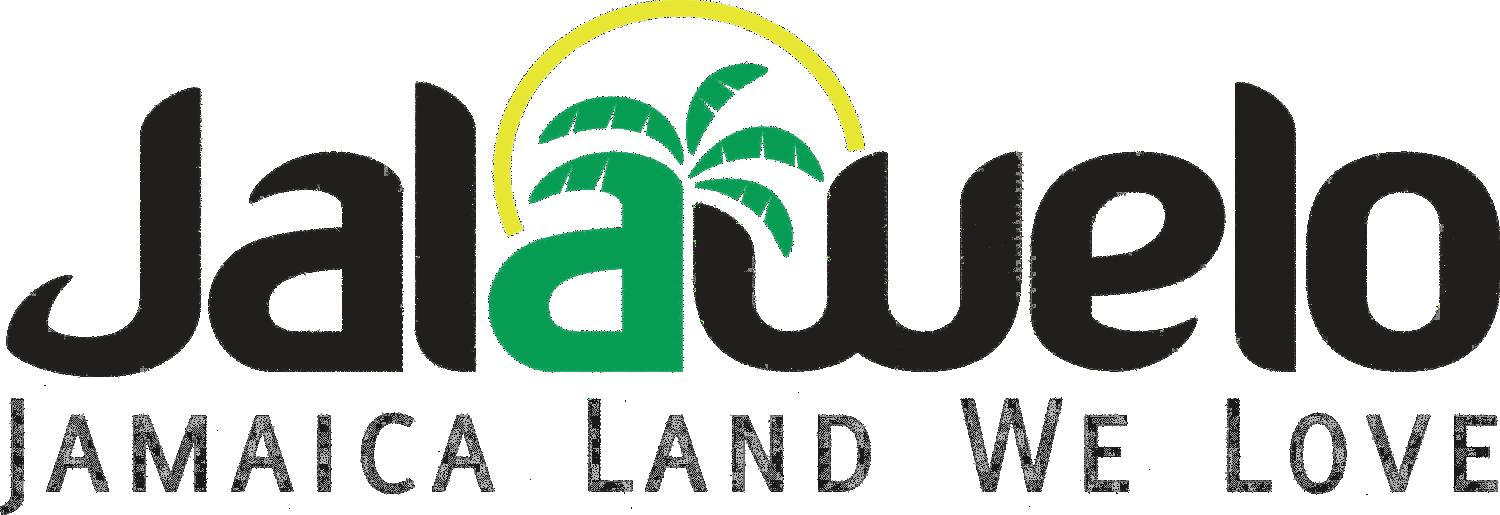Disagreements and Debate: A Good Thing?
Some folks are just not afraid to publicly express their opinions. They have just not adopted the art of “political correctness”, and that may just sometimes be a good thing. Our willingness to openly express different opinions on a wide range of issues should allow us to come to terms with competing world views and hopefully this will help us to understand each other and create a better society.
In reality, we all live in relationship with each other and our individual ideas and perspectives stem from a complex interaction of our desires, interests, and behaviors. We live in a world where there is ambiguity, incomplete information, and where people compete and cooperate as they struggle to find a balance between their own interests and the public interest.
In her book, Policy Paradox, Deborah Stone points out, for example, that citizens want good schools and clean air, but they also want to lower taxes and to maintain their right to drive an SUV. The reality is that we cannot have it all. There are ideals, like free speech, that we desire, yet this ideal is understood very differently by various individuals or groups of people. Liberty is also highly valued in a democratic society, nonetheless, there are trade-offs related to this ideal. For example, in order for society to be orderly and safe, laws and regulations must be put in place to curtail individual liberties.
Attempts to implement public policy around stated ideals will bring individuals’ values, beliefs, and hidden assumptions to light. We all want these 'ideals', but our rigorous and honest debate reveals that we have different understandings of what these ideals should like. Similarly, we all see problems in our society, but these problems are often defined in multiple ways and for just as many purposes by different people. We should not be surprised or discouraged by the struggle that comes from the freedom we have to openly express our views.
Deborah Stone contends that there are few cold hard facts in the process of making and implementing policy. She argues that the political struggle over ideas and meaning is not necessarily negative and may, indeed, help us to better understand each other. She also reminds us that the way in which individuals reason and make sense of the world is impacted by their values and their unique perspectives. At the end of the day, despite the complexity and the paradoxes involved in pursuing societal ideals, individuals live in community where relationships do matter.
The Bible reminds us that the greatest of all virtues is love. As we debate, disagree, and become contentious concerning our unique and biased perspectives, let us always remember that though we may express ideas that we believe come from the angels in heaven, without love, we are nothing (1 Corinthians 13:1).
